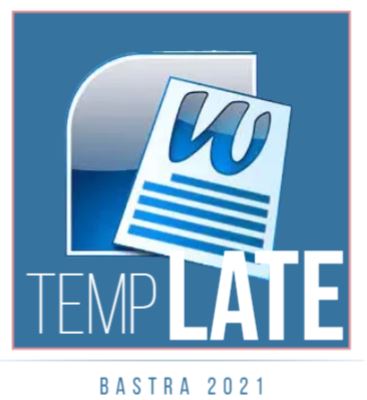EMOSI TOKOH NOVEL AKU LUPA BAHWA AKU PEREMPUAN KARYA IHSAN ABDUL QUDDUS
Keywords:
emotions, negative emotions, positive emotionsAbstract
The research was motivated by the phenomena that occur in the community, woman’s life who having a career with ambition and high ideals. With wishes and high expectations, but not all the desire and expectation is reached, thus eliciting emotions. Positive emotion who experienced by the main character was ecstatic, love, and pride/self confidence; Positive emotions is showed by Suad who became a member of Parliament, Chairman of the Organization of the women's movement in Egypt, the presence of Suad desperately needed her husband, ability taking decision as well as being able to complete the task as a lecturer and a member of Parliament. Negative emotions who experienced by the main character is angry, sad, and guilt. Negative emotions are indicated when Suad anxious when her son dating, failing foster households, and feel lonely when left her child and husband, as well as educating her child failed. The emotion are expressed through the main charecrers make this novel has its own power to show the other side of women’s lives.
Downloads
Published
How to Cite
Issue
Section
License
Authors who publish with PENTAS agree to the following terms:
Authors retain copyright and grant the Engagement right of first publication with the work simultaneously licensed under a Creative Commons Attribution License (CC BY-SA 4.0) that allows others to share (copy and redistribute the material in any medium or format) and adapt (remix, transform, and build upon the material) the work for any purpose, even commercially with an acknowledgement of the work's authorship and initial publication in BASTRA.
Authors are able to enter into separate, additional contractual arrangements for the non-exclusive distribution of the journal's published version of the work (e.g., post it to an institutional repository or publish it in a book), with an acknowledgement of its initial publication in BASTRA.
Authors are permitted and encouraged to post their work online (e.g., in institutional repositories or on their website) prior to and during the submission process, as it can lead to productive exchanges, as well as earlier and greater citation of published work (See The Effect of Open Access).

This work is licensed under a Creative Commons Attribution-ShareAlike 4.0 International License.








